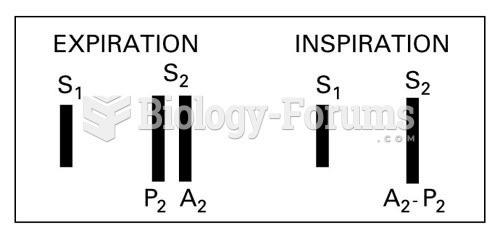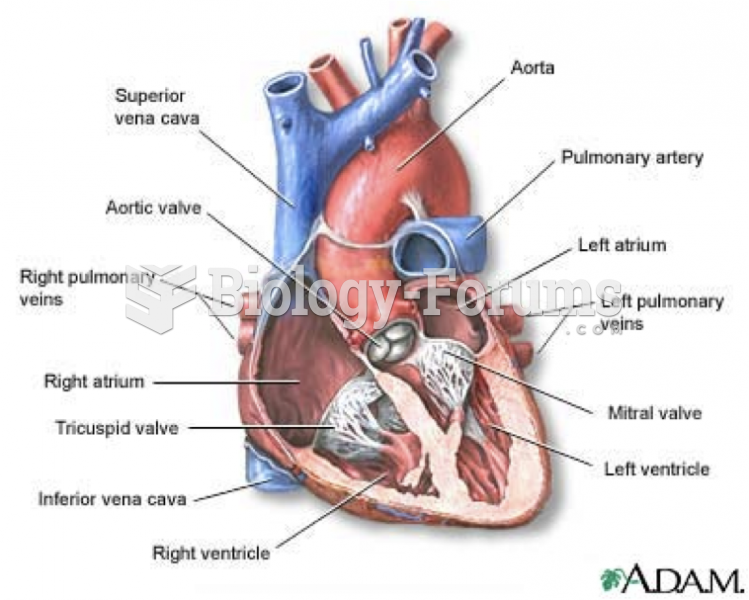|
|
|
Did you know?
Only one in 10 cancer deaths is caused by the primary tumor. The vast majority of cancer mortality is caused by cells breaking away from the main tumor and metastasizing to other parts of the body, such as the brain, bones, or liver.
Did you know?
If you could remove all of your skin, it would weigh up to 5 pounds.
Did you know?
There are 60,000 miles of blood vessels in every adult human.
Did you know?
The human body produces and destroys 15 million blood cells every second.
Did you know?
Inotropic therapy does not have a role in the treatment of most heart failure patients. These drugs can make patients feel and function better but usually do not lengthen the predicted length of their lives.







